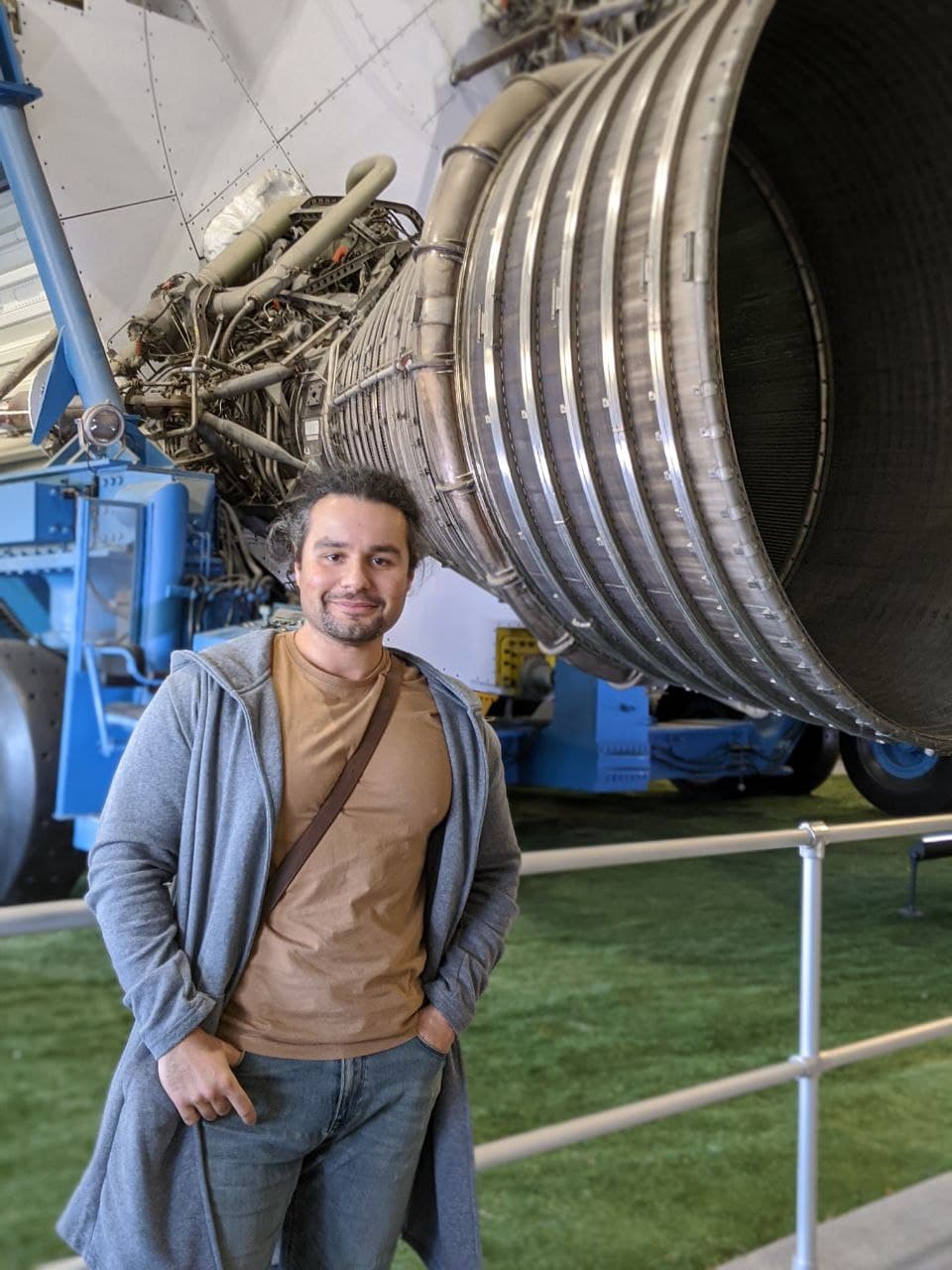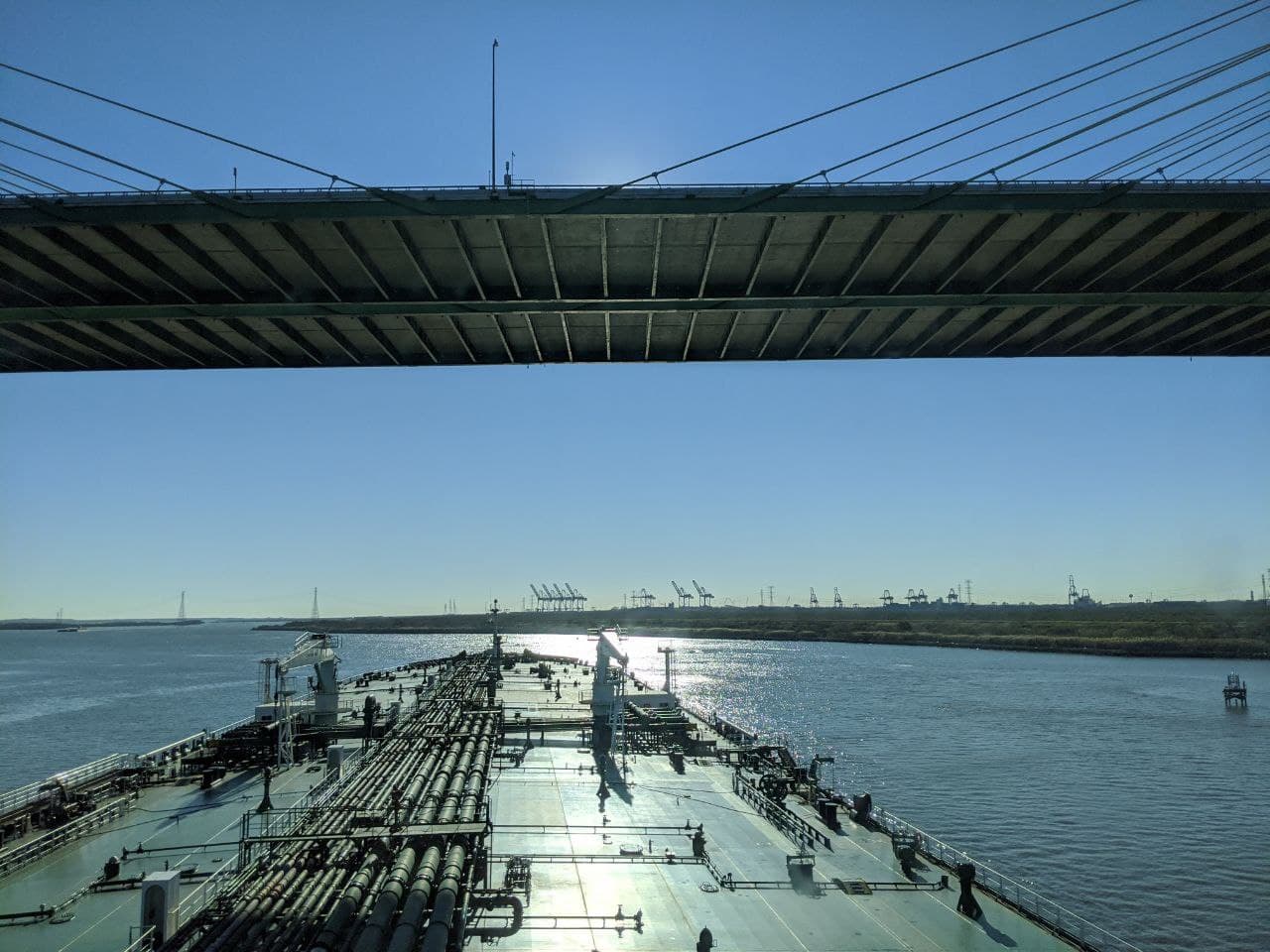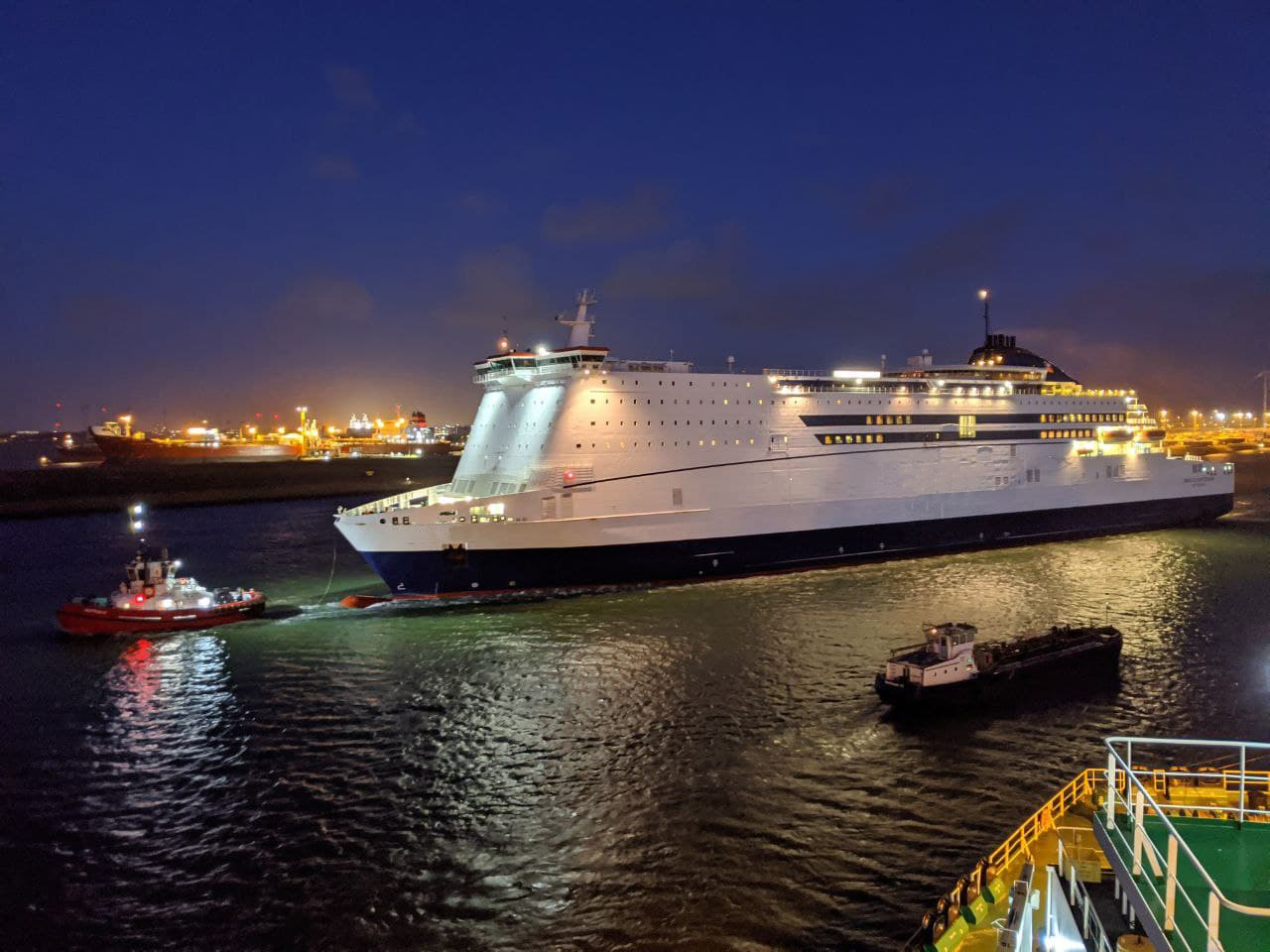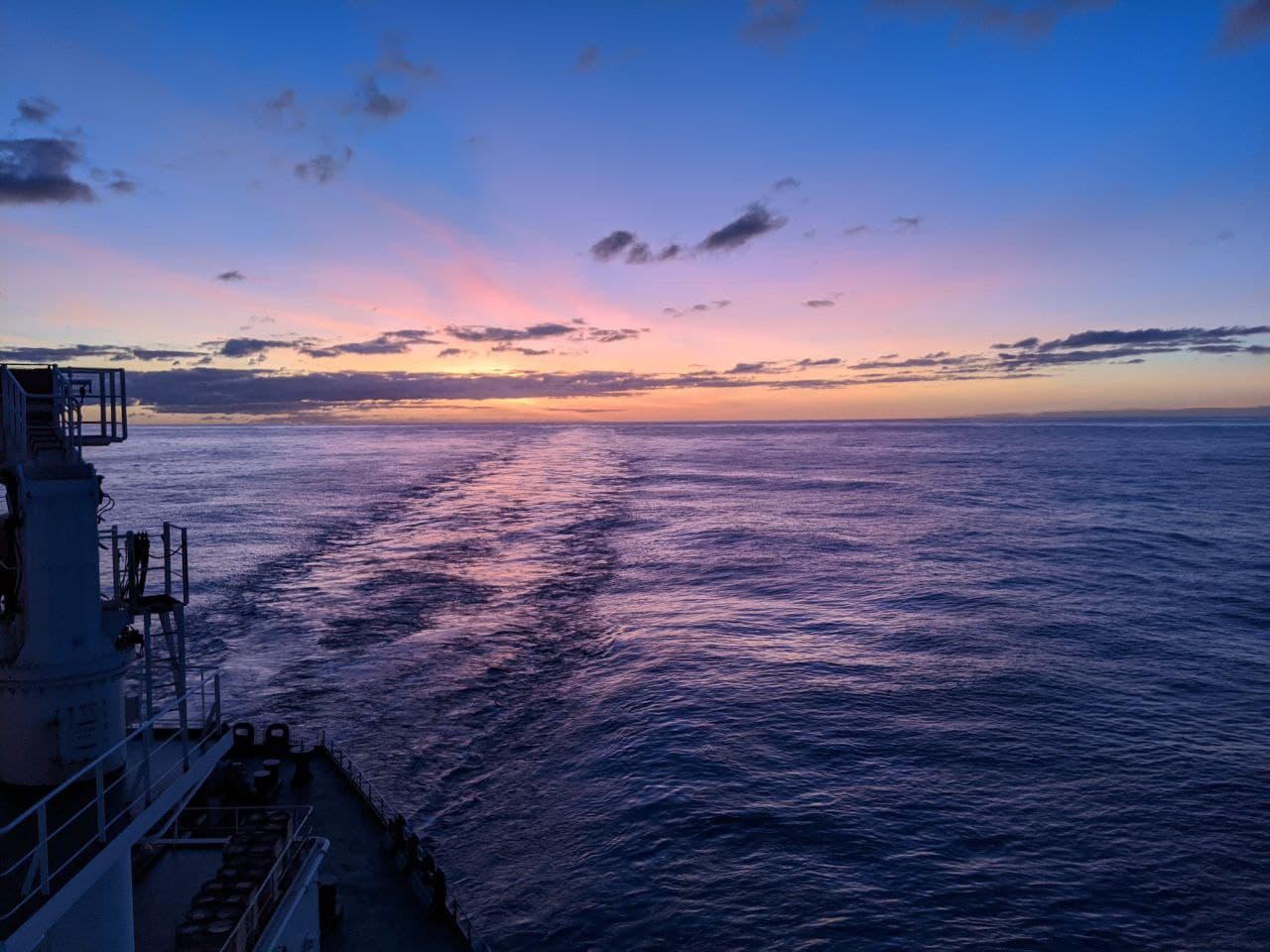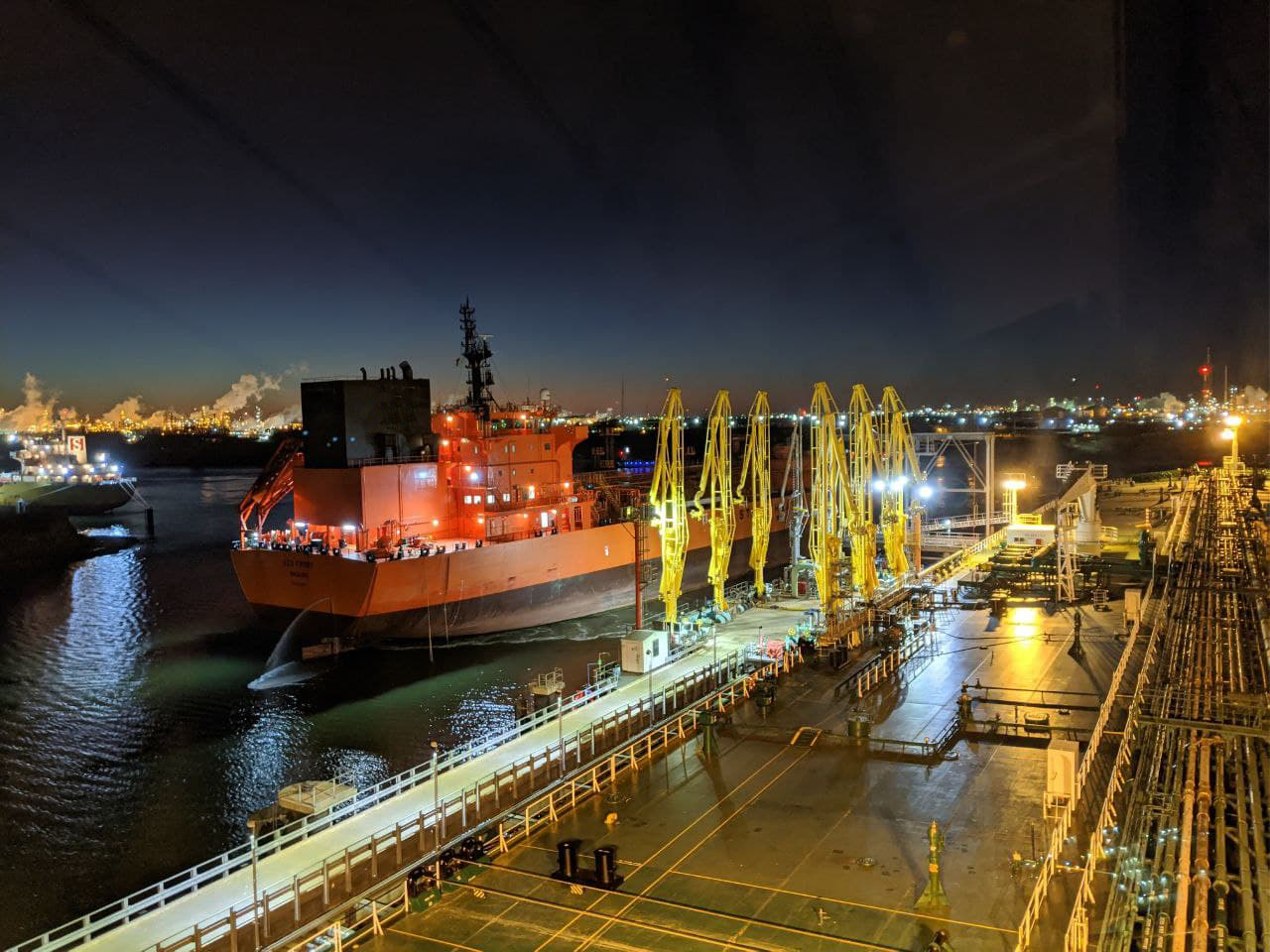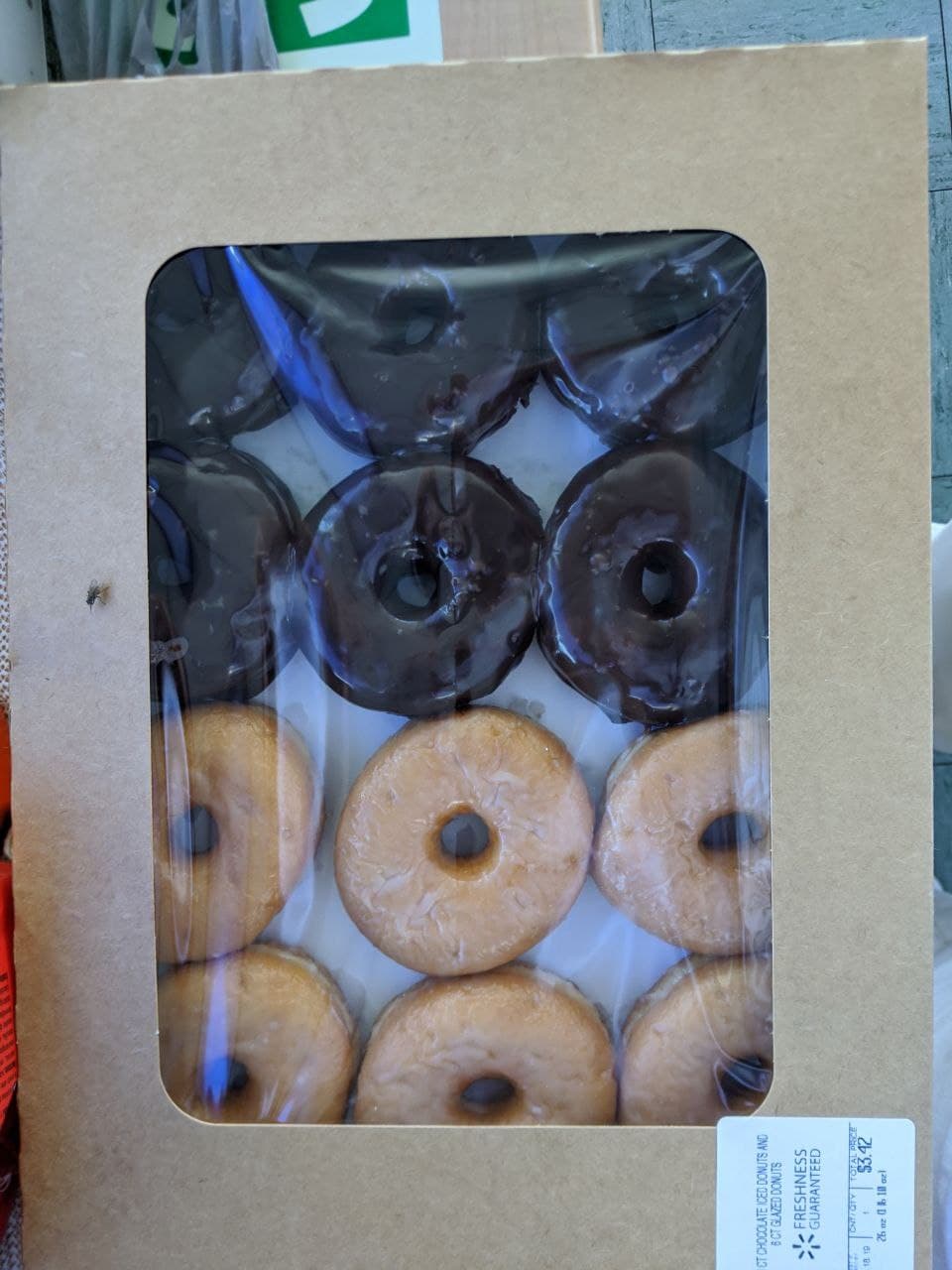“Do you want to grow from a cadet to a third? Go for the third assistant on your heels! Extra working hands definitely won’t hurt him.”
Bohdan Baghdasaryan, a senior assistant on the Columbia Shipmanagement ships, talks about how he was “chased” in theory and practice on the first voyage, how many cadets he managed to train during his work as a senior officer, and how, with the help of donut boxes, he created a real American atmosphere on the bridge.
Why did you decide to make the sea your profession?
My grandfather was a radio operator back in the “good old days”, when radio operators were part of crews. Having reached a more or less conscious age, I, like probably many seventeen-year-old boys, did not think too much about life. To some extent, he was guided by the example of his grandfather, plus he chose a serious educational institution that would provide quality education.
How did you find out about Columbia Shipmanagement?
Already at the time when I was studying, there were very good rumors about Columbia. A close friend of mine worked at CSM as a third assistant and often shared his impressions of this company as very solid and respectable. It was possible to consider other options, but they all looked frivolous compared to what I already knew about CSM.
Did you go on the first flight from the company under the cadet program?
Yes. The most capable students of our university from all streams were invited to Columbia Shipmanagement for an interview with company representatives, including the executive director, Captain Hryhoriy Leonidovych Mashkevich. The best of us were selected and sent to court within a month.
How was the first flight?
In that first voyage from CSM, I was very lucky with the captain and with the steamer – it was an oil tanker of the Suezmax type. Everything was done correctly there, they loved to teach there, and in the end they really taught a lot. After that flight, I worked there for four more contracts as the third assistant. So, in fact, I grew up there as a cadet. Learned the language. It was not easy: they liked to ask questions, “chased” them in theory and practice. Captain Dashkin said this: “If a cadet wants to become a third mate, he must follow the third mate’s heels. If the third wants to become the second, he must follow the second assistant. That’s how everything happened. I was always next to the third, helping him. There is never more than one pair of hands to pick up, and a cadet is an ideal candidate for this.
And now, as a senior assistant, how do you build work with cadets?
The cadets work with me constantly, during my time at sea I already had eight or ten of them. Many good, intelligent guys were remembered, grew up, and probably have either already become or will soon become senior assistants. I always remind the cadets that it is important to learn English at any stage – both at the university and on the ship. It is necessary to be active and inquisitive, in everything: both at school and at work. You need to “move” and express yourself in every way. And you need to be able to communicate and build normal relationships with others.
A funny story comes to mind. Literally, the last contract was quite tense: USA, Houston, we went from berth to berth, the schedule of loading and unloading was very tight. Due to some mistake by the agent, we stayed at the pier for a couple of days longer than planned. And everyone was able to calmly go down to the garden one by one. I almost didn’t go ashore: the old man, as a rule, doesn’t go to the garden, it’s too much work. And the guys from the shore constantly brought boxes of donuts. Delicious, real Texas donuts. It was very nice to receive a treat from the shore. Well, on the bridge we had a real homely American atmosphere: boxes with donuts everywhere.
Why do you still stay at Columbia Shipmanagement?
This is a serious company. There is a clear, well-organized set of rules and regulations that must be followed. You always know what will follow this or that step. There is no room for whims, everything is transparent and clear. I have been with the company for almost ten years, I know many people both at the courts and in the office, and that is also nice.
At Columbia, you always know what’s going to happen, and everything is official here. It is more difficult to do something on the shore, to work at a regular job, because on the shore, in any case, in Ukraine, the actual functioning system of regulating workers’ relationships, human relations with the law is much less developed. Everything is vague, and often no one even thinks to follow the rules in various fields. It is easier in maritime work: laws and regulations really apply here. Well, we should not forget about the issue of material remuneration: it is clear that earnings at sea are not comparable to those on shore.
The main advantage of Columbia for me is that there are no deceptions, salary delays or abandoned crews in this serious company. This company can be trusted.


